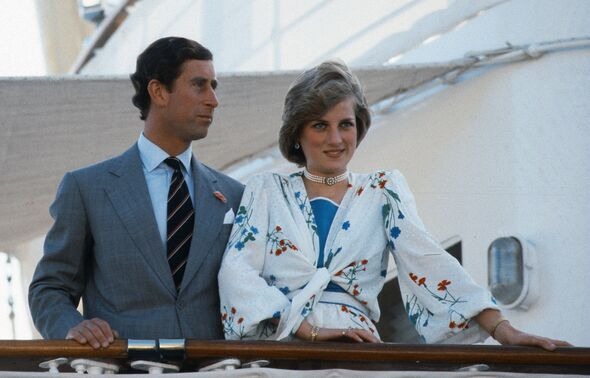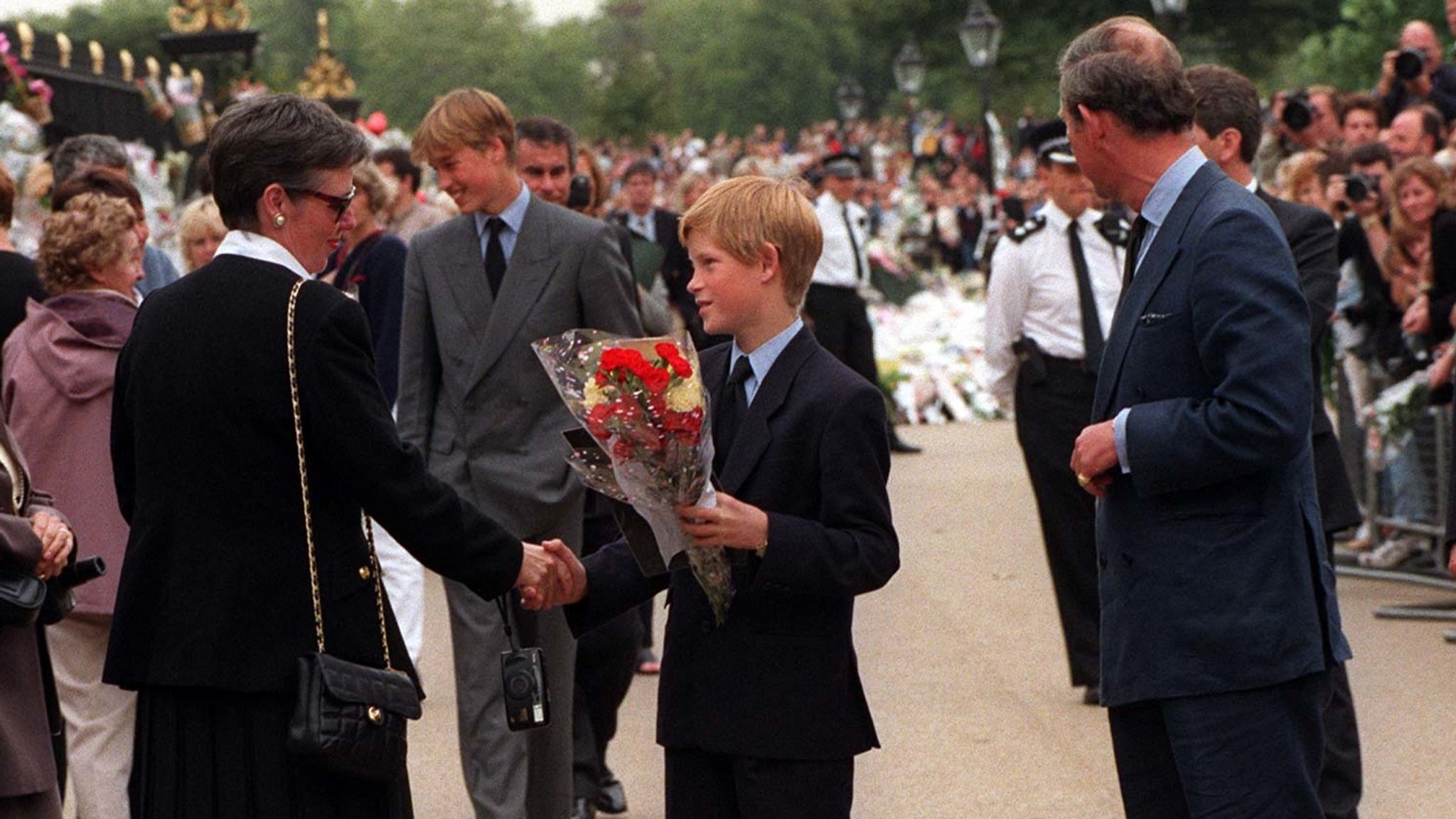The death of Princess Diana of Wales in August 1997 remains one of the most widely discussed events in modern British history. Her passing sparked a global outpouring of grief and has led to decades of investigation, analysis, and public discussion. In the wake of King Charles III’s recent health disclosures, renewed attention has turned to Diana’s legacy, the events surrounding her death, and the long-standing speculation that followed.
This article offers a fact-based account of the official investigations, the role of Prince Harry, and the efforts to bring healing within the royal family, as reported by credible news organizations and official public records.
Official Inquiries into Princess Diana’s Death
Princess Diana died on August 31, 1997, in a car crash in the Pont de l’Alma tunnel in Paris, along with Dodi Fayed and their driver, Henri Paul. In the aftermath, multiple investigations were launched both in France and the United Kingdom.
In France, the official inquiry concluded that the crash was caused by driver Henri Paul’s loss of control while driving at high speed under the influence of alcohol. This finding was supported by toxicology reports and forensic evidence.
In the United Kingdom, a broader investigation titled “Operation Paget” was conducted by the Metropolitan Police between 2004 and 2006. This comprehensive inquiry examined allegations of conspiracy and foul play and interviewed more than 300 witnesses. The final report, released in 2006, concluded that there was no evidence to support the theory that Princess Diana was unlawfully killed. Instead, it affirmed that her death was a “tragic accident” caused by a combination of factors: a speeding vehicle, a driver under the influence, and the failure to wear seat belts.
These findings were reinforced during the 2007–2008 coroner’s inquest held in London, which returned a verdict of “unlawful killing” due to gross negligence by the driver and pursuing paparazzi. The inquest did not implicate any members of the royal family or state actors in the cause of death.
Sources:
- BBC News
- The Guardian
- Operation Paget Report – Metropolitan Police
Prince Harry’s Perspective on Diana’s Death
Over the years, Prince Harry, Duke of Sussex, has spoken candidly about the emotional impact of losing his mother at a young age. In his memoir, “Spare”, published in January 2023, Harry reflects on the lasting trauma of Diana’s death and his long journey toward understanding and healing.
In various interviews—including with Oprah Winfrey and in the Apple TV+ documentary series “The Me You Can’t See”—Harry has expressed frustration about the media’s role in the tragedy and the lack of emotional support he received afterward. These public statements have brought renewed attention to the mental health of royal family members and the importance of addressing unresolved grief.
However, Prince Harry has not publicly made claims suggesting royal involvement in Diana’s death. His focus has largely been on the media culture, the role of paparazzi, and the need for emotional healing within his family.
Sources:
- [“Spare” by Prince Harry, 2023]
- Apple TV+: The Me You Can’t See
- CBS News Interview with Oprah, March 2021
Recent Developments: Health of King Charles III
In early 2024, Buckingham Palace confirmed that King Charles III was receiving treatment for an unspecified form of cancer. According to an official statement released via Royal.uk, the monarch is undergoing regular outpatient care while continuing to fulfill certain official duties. Updates on his health have remained limited to protect his privacy and dignity, consistent with royal protocol.
While public curiosity about private conversations between Charles and his children persists, there is no verified report or official confirmation that the King has made new disclosures related to the 1997 incident. Any such conversations—if they occurred—would remain within the bounds of family confidentiality unless explicitly documented and authorized by those involved.
Sources:
- Royal.uk – Official Statements
- BBC News – King Charles Cancer Diagnosis
The Role of Royal Biographies and Memoirs
Speculation about Princess Diana’s final years has often been fueled by memoirs, biographies, and tabloid coverage, many of which are not substantiated by official records. While such narratives may include quotes from unnamed sources or palace insiders, their claims should be treated with caution unless verified by primary evidence or official statements.
Prince Harry’s memoir, for example, is a personal narrative and not a legal document. Although it offers valuable insight into his emotions and personal growth, it is not intended to revise the historical findings of official investigations.
Similarly, any proposed revisions or new editions of Harry’s memoir would be subject to publisher verification and cannot serve as evidence in the absence of supporting documentation.
Sources:
- The New York Times Review of “Spare”
- Penguin Random House – Publisher Information
Public Sentiment and Reconciliation
One of the lasting outcomes of Princess Diana’s legacy has been her global influence on humanitarian issues, such as the campaign to ban landmines and destigmatize HIV/AIDS. Her sons, Prince William and Prince Harry, have both continued her charitable work in different capacities.
In recent years, despite tensions within the royal family, both sons have spoken publicly about their shared admiration for their mother and the values she represented. Royal observers have noted moments of reconciliation—such as joint appearances and tributes on the anniversary of Diana’s death—but these gestures are best understood as part of an ongoing family journey, not as definitive turning points.
Sources:
- Royal Foundation Initiatives
- Diana, Princess of Wales Memorial Fund
Conclusion: A Legacy Grounded in Compassion and Truth
The life and death of Princess Diana remain subjects of global reflection and historical interest. While new generations seek to understand the emotional toll of her passing, it is essential to rely on verified sources and official investigations when discussing the events surrounding her death.
Speculation, while emotionally compelling, cannot replace the factual conclusions established by legal inquiries and medical examinations. At the same time, the personal journeys of her children—especially Prince Harry’s candid reflections—continue to resonate with audiences around the world seeking honesty, healing, and justice.
As the royal family navigates a new chapter under King Charles III, the enduring values of compassion, truth, and public service that Diana championed live on through charitable actions and open conversations about grief, trauma, and reconciliation.
References:
- Metropolitan Police – Operation Paget Final Report
- BBC News – Diana Inquest Verdict
- The Guardian – Diana Inquest Archive
- Royal.uk – Official Royal Communications
- Spare by Prince Harry – Penguin Random House
- The Me You Can’t See – Apple TV+
- NHS – Mental Health After Bereavement





